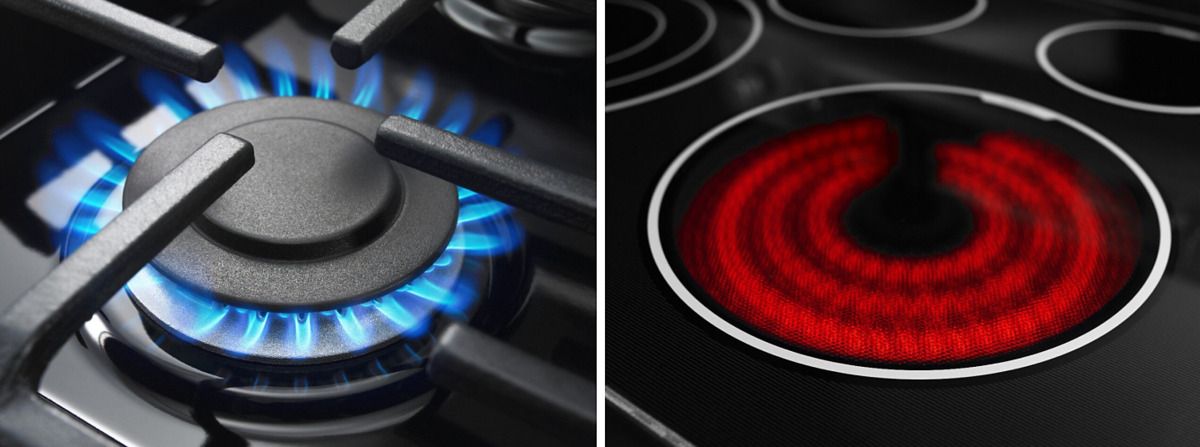

Articles
Which Is Better Gas Or Electric Cooktop
Modified: January 5, 2024
Discover the pros and cons of gas and electric cooktops in this informative article. Make an informed decision on which is best for your kitchen.
(Many of the links in this article redirect to a specific reviewed product. Your purchase of these products through affiliate links helps to generate commission for Storables.com, at no extra cost. Learn more)
Introduction
When it comes to choosing the right cooktop for your kitchen, you have the option of either gas or electric. Both gas and electric cooktops have their own unique advantages and disadvantages. Understanding the differences between these two types of cooktops can help you make an informed decision. In this article, we will compare gas and electric cooktops, exploring factors such as heat source, energy efficiency, cooking performance, safety, installation and cost, maintenance and durability, and environmental impact.
Gas cooktops have been a popular choice for many years. They provide instant heat and precise temperature control, allowing for faster cooking times and more control over the cooking process. With a gas cooktop, you have the ability to adjust the flame intensity to meet your specific cooking needs. This makes gas cooktops ideal for tasks that require high heat, such as searing or boiling.
On the other hand, electric cooktops are known for their sleek and modern design. They offer smooth, flat surfaces that are easy to clean and maintain. Electric cooktops are available in various types, including coil, smooth top, and induction. Coil cooktops use electric coils that heat up when electricity is passed through them. Smooth top cooktops have a smooth glass surface and heating elements located underneath. Induction cooktops use magnetic fields to heat the cookware directly.
When it comes to heat source, gas cooktops rely on an open flame, whereas electric cooktops use electric coils or induction technology. The choice between gas and electric heat sources often comes down to personal preference and cooking style. Some cooks prefer the immediate response and level of control provided by gas, while others appreciate the convenience and safety features of electric cooktops.
Key Takeaways:
- Gas cooktops offer immediate heat control and precise temperature adjustments, making them ideal for high-heat cooking techniques. They provide a traditional cooking experience with an open flame and are known for their durability and reliability.
- Electric cooktops, especially induction cooktops, offer sleek designs, efficient heat distribution, and precise temperature control. They are energy-efficient and reduce carbon emissions, making them a more environmentally friendly option.
Read more: Which Is Better Gas Or Electric Dryer
Heat Source Comparison
One of the distinguishing factors between gas and electric cooktops is the heat source they utilize. Gas cooktops rely on a flame produced by natural gas or propane. This flame provides an instant and direct heat source, allowing for quick heating and precise temperature control.
Electric cooktops, on the other hand, use electric coils or induction technology as their heat source. Electric coil cooktops heat up when electricity passes through the coils, which then transfer heat to the cookware. Induction cooktops use magnetic fields to heat the cookware directly, resulting in faster and more efficient heating.
The choice between gas and electric heat sources depends on various factors, including cooking preferences and the availability of gas lines. Gas cooktops excel in tasks that require high heat, such as searing and boiling. The immediate response and control over the flame allow for precise adjustments during the cooking process.
Electric cooktops, particularly induction cooktops, offer quick and even heating. Induction technology provides precise control over temperature, allowing for rapid changes in heat levels. The heat is generated directly in the cookware, making it more energy-efficient and reducing heat loss.
Ultimately, the decision between gas and electric heat sources depends on your cooking style and preferences. If you frequently engage in high-heat cooking techniques and desire instant heat control, a gas cooktop may be the best option for you. However, if you prefer efficient and precise temperature control, especially with rapid heating capabilities, an electric cooktop, particularly an induction cooktop, may better suit your needs.
Energy Efficiency
When comparing gas and electric cooktops, energy efficiency is an important factor to consider. Gas cooktops tend to be more energy-efficient compared to electric cooktops, primarily due to their direct heat source and instant flame. The heat from a gas flame is immediately available for cooking, resulting in faster preheating times and reduced energy consumption.
Electric cooktops, on the other hand, may require more time to heat up, especially coil cooktops. The electric coils take longer to reach the desired temperature, resulting in slightly higher energy consumption. However, it’s worth noting that smooth top and induction cooktops are generally more energy-efficient compared to coil cooktops. Smooth top cooktops have a flat surface that transfers heat more efficiently, while induction cooktops use magnetic fields to heat the cookware directly, resulting in less wasted heat.
Another factor that impacts energy efficiency is the insulation and design of the cooktop. Gas cooktops are generally better at retaining heat and distributing it evenly across the cooking surface. The flame is contained within the burners, minimizing heat loss. In contrast, electric cooktops may have heat loss through the glass surface, especially in coil cooktops where the coils are exposed.
Overall, while gas cooktops are typically more energy-efficient, the difference in energy consumption between gas and electric cooktops may vary depending on the specific model, usage patterns, and cooking habits. It’s important to consider your cooking needs and habits to determine the energy efficiency that best suits your lifestyle.
Additionally, it’s worth noting that energy efficiency goes beyond just the cooktop itself. Choosing energy-efficient cookware, using the right-sized burners or elements, and covering pots and pans while cooking can further optimize energy usage and reduce energy waste in the kitchen.
Cooking Performance
When it comes to cooking performance, both gas and electric cooktops have their own strengths and considerations.
Gas cooktops are renowned for their precise temperature control and quick response time. The open flame allows for immediate changes in heat intensity, making it ideal for tasks that require high heat, such as searing meats or boiling water. Gas cooktops provide a wide range of heat levels, allowing for delicate simmering or rapid boiling. The even distribution of heat across the cooking surface ensures consistent and reliable cooking results.
Electric cooktops offer their own advantages in terms of cooking performance. Smooth top electric cooktops provide a flat surface that heats the cookware evenly, eliminating any hot spots. Induction cooktops, in particular, are known for their extremely precise temperature control. The use of magnetic fields allows for rapid and accurate changes in heat levels. Induction cooktops can quickly bring a pot of water to a boil and then immediately reduce the heat to a gentle simmer. This precise control is especially beneficial for delicate dishes and techniques that require constant monitoring and adjustments.
However, it’s worth noting that electric cooktops may have a slight disadvantage when it comes to heat distribution. Coil cooktops, in particular, may have uneven heat distribution, resulting in areas that are hotter or cooler. This can potentially lead to inconsistent cooking results.
Ultimately, the cooking performance of gas versus electric cooktops depends on your specific cooking needs and preferences. Gas cooktops excel in tasks that require high heat and immediate temperature adjustments. On the other hand, electric cooktops, especially induction cooktops, offer precise temperature control and rapid heating capabilities, making them ideal for delicate dishes and techniques.
It’s also important to consider the type of cookware you use on electric cooktops. Induction cooktops require specific cookware that is magnetic and compatible with the technology in order to work efficiently. Smooth top electric cooktops may require flat-bottomed cookware for optimal heat transfer.
Ultimately, both gas and electric cooktops can deliver excellent cooking performance, but the choice depends on your specific cooking style, preferences, and the types of dishes you frequently prepare.
Safety
When it comes to safety considerations, both gas and electric cooktops have their own unique aspects to keep in mind.
Gas cooktops involve an open flame, which can pose a safety risk if not handled properly. There is a potential for gas leaks, which can lead to fire hazards and gas poisoning. However, modern gas cooktops are equipped with safety features such as flame failure detection, which automatically shuts off the gas supply if the flame goes out. Additionally, gas cooktops typically have knobs that allow for immediate and visible control over the flame.
Electric cooktops, on the other hand, do not have an open flame, reducing the risk of fire hazards associated with gas cooktops. However, they still come with their own safety considerations. Electric cooktops, especially smooth top and induction cooktops, can retain heat even after they are turned off. This poses a risk of accidental burns if not handled with caution. Additionally, it’s important to be cautious of electrical hazards, such as not allowing water or other liquids to come into contact with the electrical components of the cooktop.
Both gas and electric cooktops require proper ventilation to remove the combustion byproducts or heat generated during cooking. Adequate ventilation helps prevent the build-up of carbon monoxide and other harmful gases produced during gas combustion. For electric cooktops, ventilation is important to remove the heat generated by the cooktop and maintain a comfortable cooking environment.
When it comes to installation and safety, it’s important to consult with a professional to ensure that the cooktop is installed correctly and abides by all safety regulations and requirements. Gas cooktops require proper gas line connections and may need ventilation systems, while electric cooktops require appropriate electrical connections.
Ultimately, both gas and electric cooktops can be safe to use when proper precautions are taken. It’s important to follow safety guidelines, such as regularly checking for gas leaks, using proper ventilation, and ensuring all electrical components are in good condition. Common sense precautions, such as keeping flammable materials away from the cooktop and supervising children in the kitchen, should always be observed regardless of the type of cooktop.
Consider your cooking needs and kitchen setup. Gas cooktops offer instant heat control and are often preferred by professional chefs. Electric cooktops are easier to clean and may be better for homes without gas lines.
Read more: Which Is Better Gas Or Electric Water Heater
Installation and Cost
When it comes to installation and cost, there are several factors to consider when choosing between gas and electric cooktops.
Gas cooktops require access to a gas line in your kitchen. If you don’t already have a gas line in place, it may require professional installation, which can add to the overall cost. It’s important to factor in the cost of hiring a licensed professional to install the gas line and connect the cooktop properly. Additionally, gas cooktops may also require ventilation systems to ensure proper air flow and gas combustion. This can also add to the installation cost.
On the other hand, electric cooktops typically require a dedicated electrical circuit to handle the power requirements of the cooktop. This may involve hiring an electrician to install the necessary electrical connections. However, if you already have an electrical circuit in place, the installation process may be simpler and more cost-effective compared to installing a gas line.
In terms of the initial cost of the cooktop itself, gas cooktops tend to be more expensive than electric cooktops. Gas cooktops often have a higher upfront cost due to the complexity of the design and components, such as the burners and gas line connection. Electric cooktops, particularly coil and smooth top cooktops, are generally more budget-friendly options.
It’s also worth noting that regular maintenance of a gas cooktop may incur additional costs. Gas cooktops require periodic professional cleaning of the burners and gas lines to ensure proper functioning and prevent any potential issues. Electric cooktops, on the other hand, may require occasional replacement of damaged electric coils or other heating elements.
When considering the overall cost of ownership, it’s important to factor in energy costs as well. Gas cooktops may have lower energy costs compared to electric cooktops, depending on gas prices in your area. However, electric cooktops, particularly induction cooktops, are more energy-efficient, which can result in long-term savings on energy bills.
Ultimately, the installation and cost considerations will depend on your specific circumstances, budget, and kitchen setup. It’s important to budget not just for the initial purchase of the cooktop, but also for installation costs and any necessary modifications to your kitchen.
Maintenance and Durability
When it comes to maintenance and durability, both gas and electric cooktops have their own considerations.
Gas cooktops typically require more maintenance compared to electric cooktops. The burners and gas lines should be regularly cleaned to remove any food residue or debris that may affect their performance. The burners should also be inspected periodically to ensure they are in good condition and operating efficiently. It’s important to read the manufacturer’s guidelines for proper cleaning and maintenance to prolong the lifespan of the cooktop.
Electric cooktops, particularly smooth top and induction cooktops, require regular cleaning to keep the surface free from spills and stains. Gentle cleansers and non-abrasive scrubbers should be used to avoid scratching the smooth glass surface. It’s essential to follow the manufacturer’s instructions for cleaning and avoid using harsh chemicals or abrasive materials that can damage the cooktop.
In terms of durability, gas cooktops are generally considered to be more robust and long-lasting. The burners and grates are typically made from durable materials, such as cast iron or stainless steel, which can withstand high heat and repeated use. Gas cooktops also tend to have fewer electronic components, reducing the risk of electrical malfunctions.
Electric cooktops, particularly smooth top and induction cooktops, are more sensitive and can be prone to scratches or cracks if not properly cared for. The smooth glass surface is vulnerable to impact and can be damaged by heavy or sharp objects. Induction cooktops also have electronic components that can be more delicate compared to gas cooktops.
Regular maintenance and proper use can help extend the lifespan of both gas and electric cooktops. It’s important to follow the manufacturer’s guidelines for cleaning, maintenance, and usage to ensure the longevity and durability of your cooktop.
If any issues or malfunctions occur with the cooktop, it’s best to contact a professional for repairs or consultation. DIY repairs can be risky and may cause further damage to the cooktop or pose safety hazards.
In summary, gas cooktops generally require more maintenance, especially for the burners and gas lines. They are known for their durability and long lifespan. Electric cooktops, although requiring regular cleaning, can be more sensitive and may require extra caution to avoid scratches or damage. Proper maintenance, care, and adherence to the manufacturer’s guidelines are crucial for preserving the performance and durability of your cooktop.
Environmental Impact
When considering the environmental impact of gas and electric cooktops, several factors come into play.
Gas cooktops have a direct impact on the environment due to the combustion of natural gas or propane. The burning of these fossil fuels releases carbon dioxide (CO2) and other greenhouse gases into the atmosphere, contributing to climate change. Additionally, the extraction, transportation, and distribution of natural gas can have environmental consequences, such as habitat disruption and potential methane leaks. However, advancements in gas technology have led to more efficient burners, resulting in reduced carbon emissions compared to older models.
Electric cooktops, particularly induction cooktops, are generally considered to be more environmentally friendly. Electricity can be generated from renewable sources, such as solar or wind power, which significantly reduces the carbon footprint associated with cooking. Induction cooktops are also more energy-efficient compared to gas and other electric cooktops. They heat the cookware directly, resulting in less wasted heat and faster cooking times.
In terms of resource consumption, gas cooktops rely on fossil fuel resources that are finite and non-renewable. The extraction and transportation of natural gas can have environmental consequences, including habitat destruction and water pollution. In contrast, electricity can be generated from renewable sources, minimizing the reliance on finite resources.
Another aspect to consider is indoor air quality. Gas cooktops produce combustion byproducts, such as carbon monoxide and nitrogen dioxide, which can negatively impact indoor air quality. Adequate ventilation is crucial to remove these byproducts and maintain a healthy cooking environment. Smooth top and induction cooktops, being electric, do not produce any combustion byproducts, contributing to better indoor air quality.
Overall, electric cooktops, especially induction cooktops, have a smaller environmental footprint compared to gas cooktops. They offer the potential for clean and renewable energy sources and are more energy-efficient. However, it’s important to note that the overall environmental impact also depends on the sources of electricity used in your region. If the electricity primarily comes from fossil fuel sources, the environmental benefits of electric cooktops may be diminished.
Ultimately, the choice between gas and electric cooktops in terms of environmental impact depends on various factors, including the energy sources available in your area, energy efficiency considerations, and individual cooking habits. Opting for energy-efficient appliances and using renewable energy sources for electricity can help reduce the environmental impact of cooking.
Conclusion
When it comes to choosing between gas and electric cooktops, there are several factors to consider, including heat source, energy efficiency, cooking performance, safety, installation and cost, maintenance and durability, and environmental impact. Understanding the differences between these two types of cooktops can help you make an informed decision based on your cooking needs, preferences, and environmental concerns.
Gas cooktops offer immediate heat control and precise temperature adjustments. They excel in high-heat cooking techniques and provide a traditional cooking experience with an open flame. Gas cooktops may require a gas line installation and regular maintenance, but they are known for their durability and reliability.
Electric cooktops, on the other hand, come in various types, including coil, smooth top, and induction. They offer sleek and modern designs, ease of cleaning, and efficient heat distribution. Smooth top and induction cooktops are particularly energy-efficient and provide precise temperature control. However, they may require a dedicated electrical circuit and proper care to prevent damage to the smooth glass surface.
Considerations such as energy efficiency, safety, and environmental impact also play a significant role in the decision-making process. Gas cooktops are generally more energy-efficient, while electric cooktops, especially induction cooktops, offer better safety features and reduce the release of carbon emissions. The choice between gas and electric cooktops also depends on the availability of gas lines and the sources of electricity in your area.
In terms of installation and cost, gas cooktops may require professional installation and may have a higher upfront cost compared to electric cooktops. Electric cooktops, on the other hand, may require electrical circuit installation, but they are generally more budget-friendly.
Overall, choosing between gas and electric cooktops ultimately depends on your cooking style, preferences, and specific kitchen requirements. It’s important to weigh the pros and cons of each type and consider factors such as heat source, energy efficiency, cooking performance, safety, installation and cost, maintenance and durability, and environmental impact. By considering these factors, you can select the cooktop that best suits your needs and aligns with your values.
Remember to consult with professionals, read manufacturer guidelines, and properly maintain your chosen cooktop to ensure its longevity, performance, and safety. With careful consideration, you can find the perfect cooktop that enhances your cooking experience and meets your culinary needs for years to come.
Frequently Asked Questions about Which Is Better Gas Or Electric Cooktop
Was this page helpful?
At Storables.com, we guarantee accurate and reliable information. Our content, validated by Expert Board Contributors, is crafted following stringent Editorial Policies. We're committed to providing you with well-researched, expert-backed insights for all your informational needs.
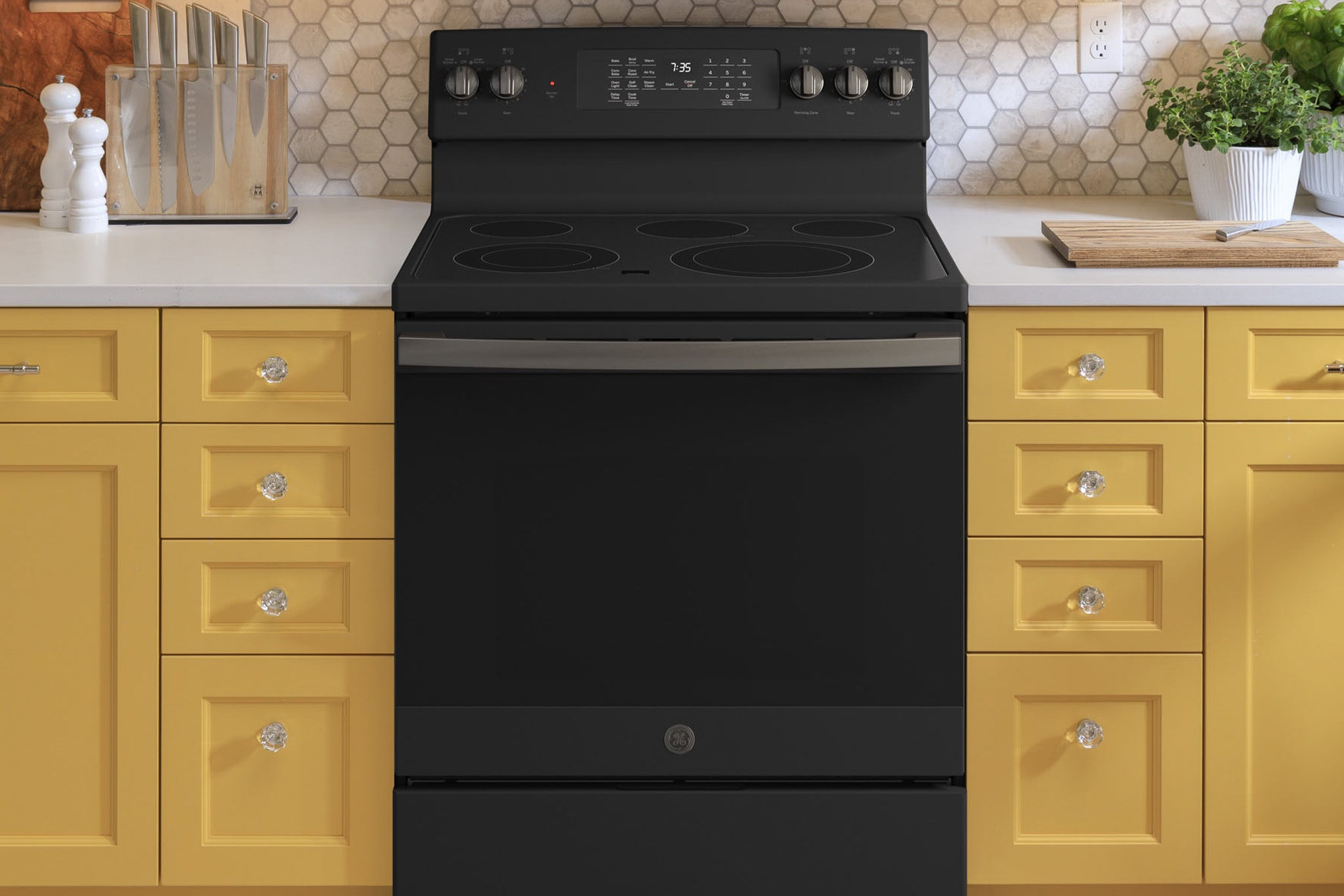
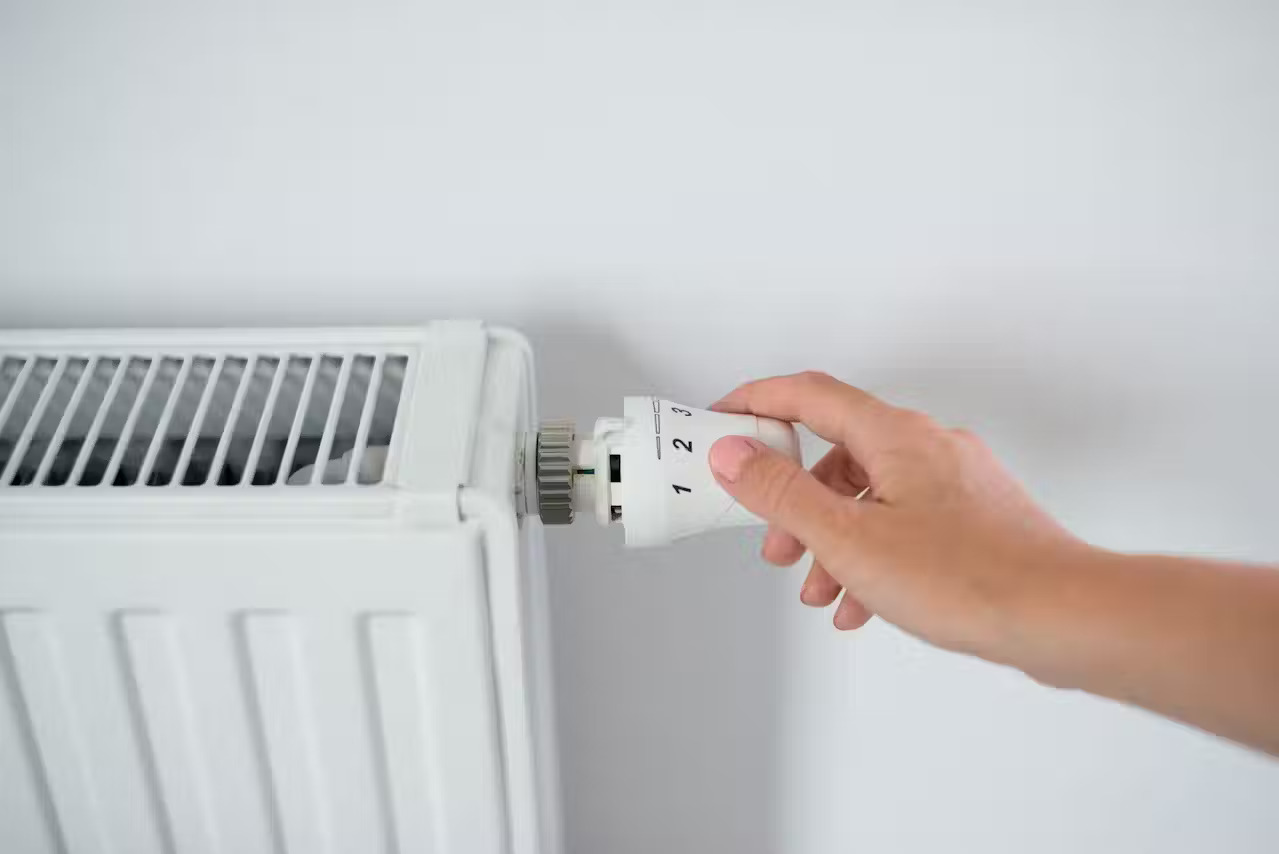


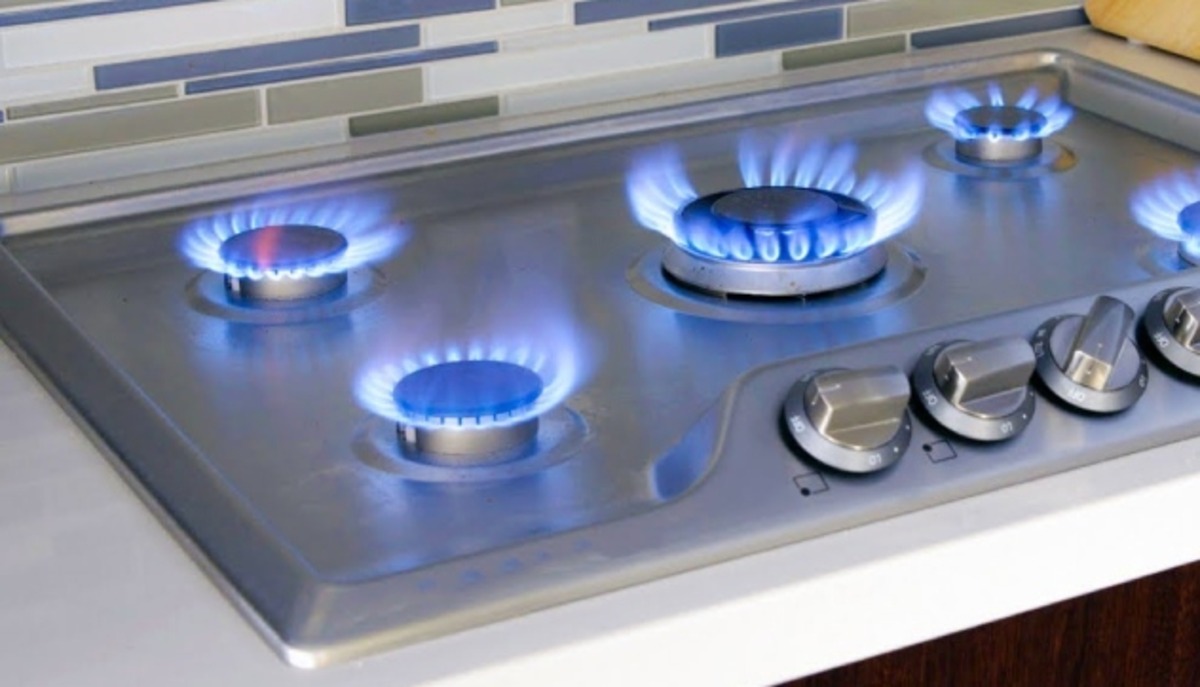
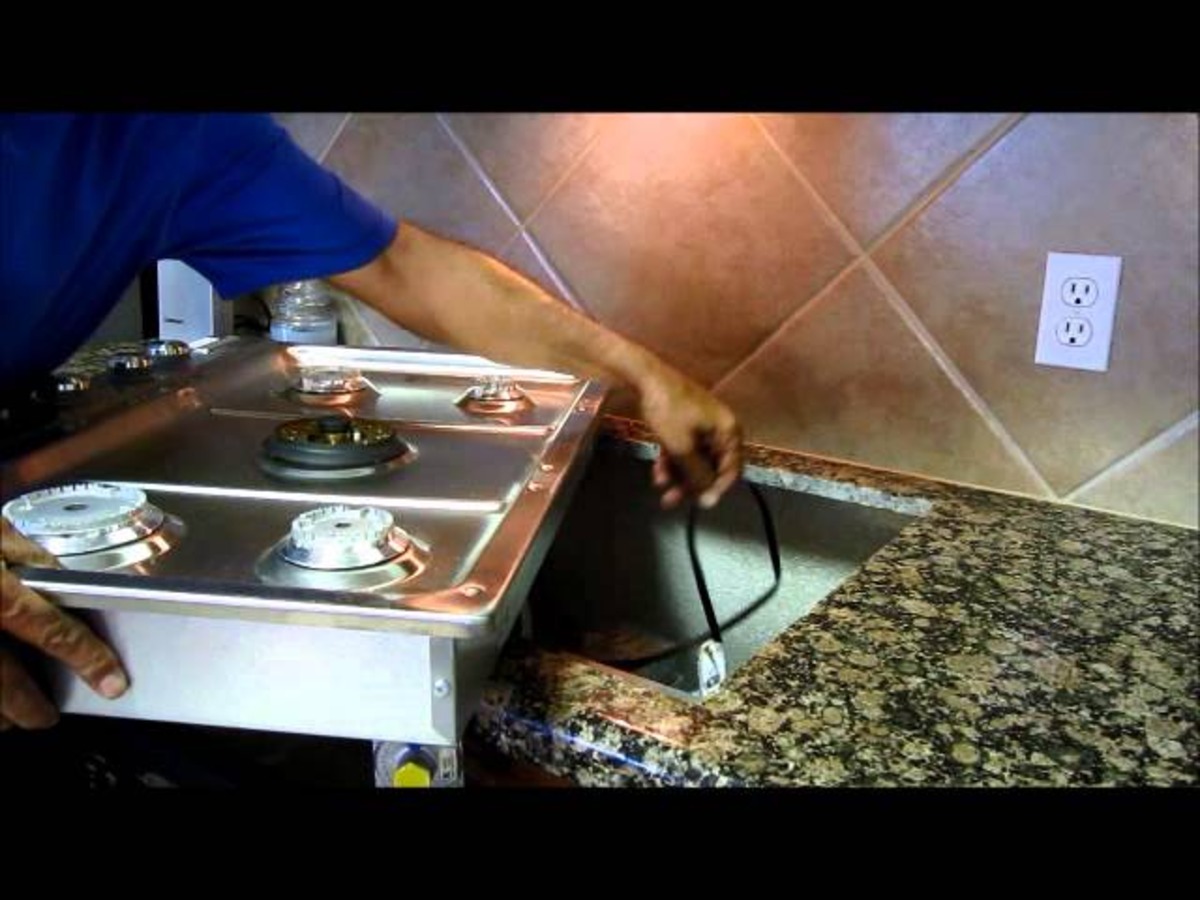

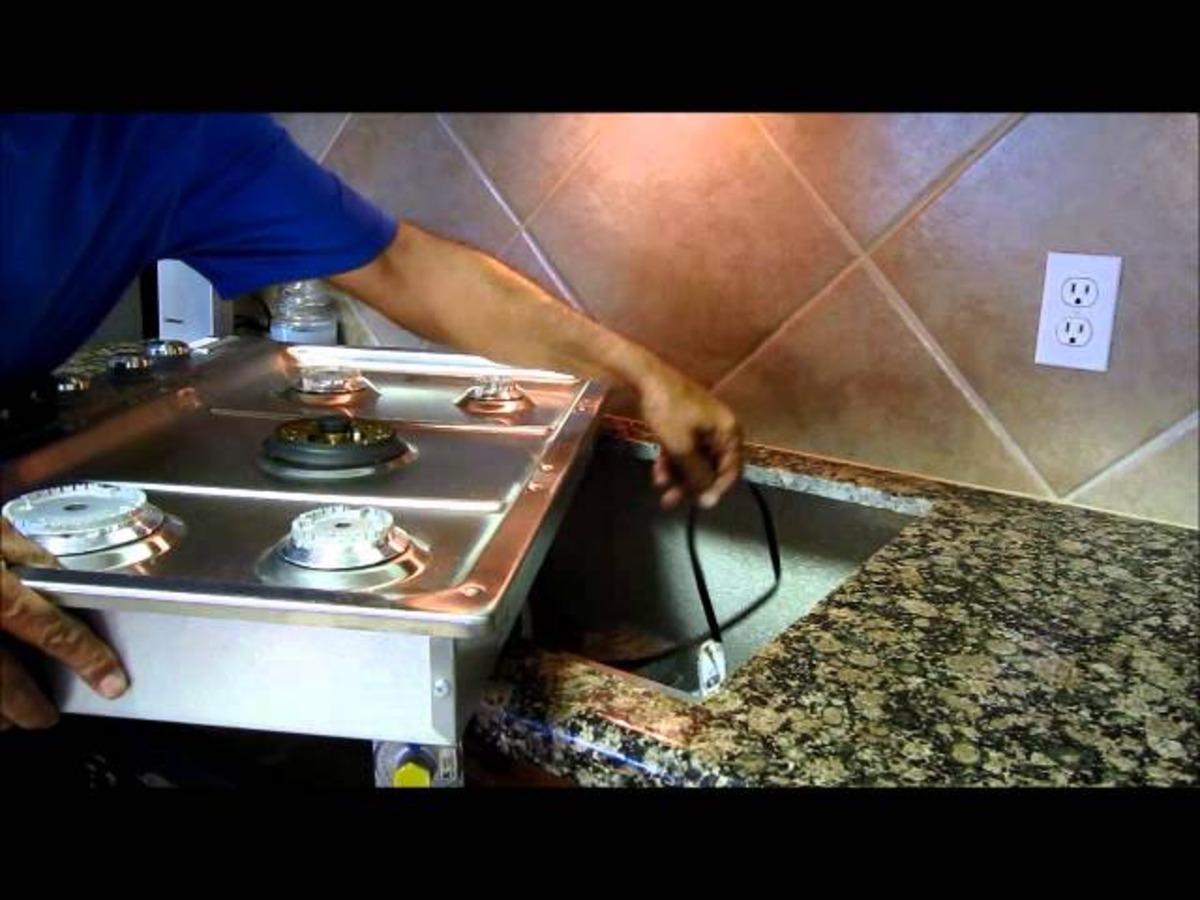







0 thoughts on “Which Is Better Gas Or Electric Cooktop”